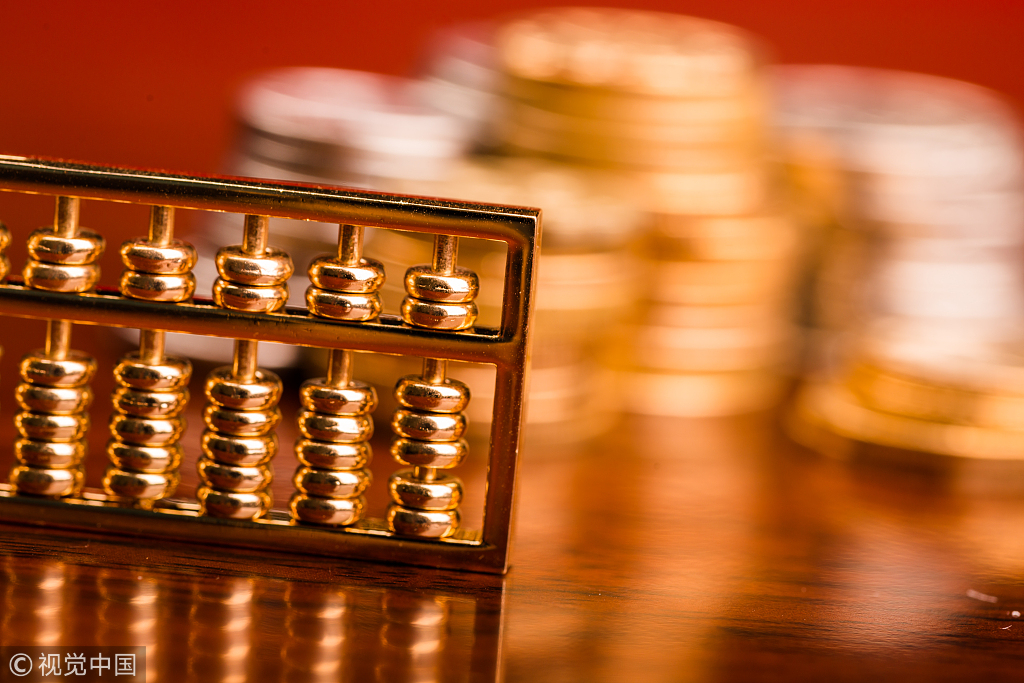Expanding deficit will inject vitality into the economy


Editor's note: Some people insist that the Chinese government should exhaust all means to keep its financial deficit below 3 percent of the gross domestic product, so as to control financial risks, but columnist Hu Yifeng comments in a post:
The Government Work Report issued in March said that the government deficit this year will be kept under 2.38 trillion yuan ($343 billion), or 2.6 percent of the GDP.
But the uncertainties with and the downward pressure upon the economy so far this year are more serious than the projection in March. So it is highly probable the government deficit will be more than that.
The question is whether the government should hold fast to a certain point, say, 3 percent, as some argue.
In fact, there is no need to make 3 percent the ceiling. China's government debt is 15 percent of its GDP, much lower than the global average, which means it has considerable room to increase liquidity and cut tax.
Both measures will directly stoke the rise of the deficit rate. But moderately expanding the deficit can help to inject vitality into the economy and iron out its fluctuations.
In fact, the actual deficit rate in China has already surpassed 3 percent "alert line", if the local governments' long-term special project debt bonds are counted in.
The past 20 years show China's leverage rate drops when the economy grows fast, and vice versa. And the government still has a lot of untapped assets in various forms to reduce the debt risks, which can also be digested through expanding domestic demand and promoting consumption.
It is advisable to support the social security fund with State-owned assets so as to relieve the private enterprises' burden in paying for their employees' social insurance as it is stipulated by the law.
More needs to be done than five years ago when China vowed to deepen reform and opening-up.


































